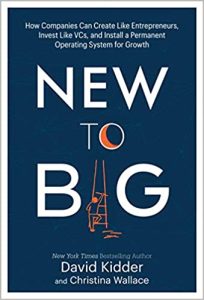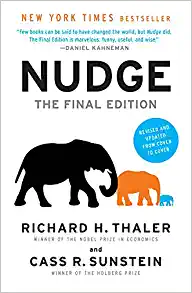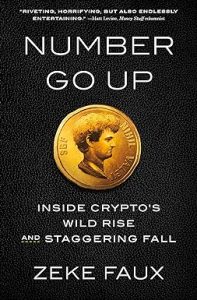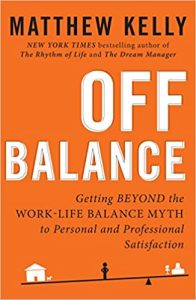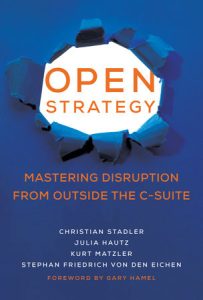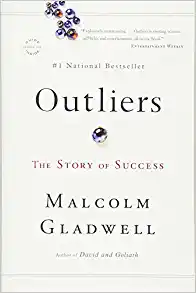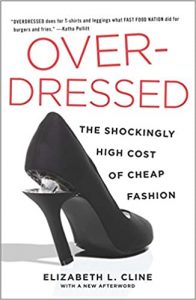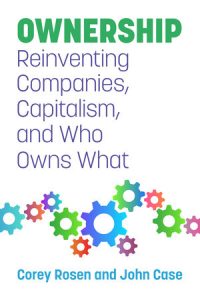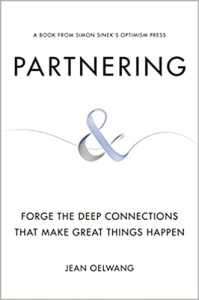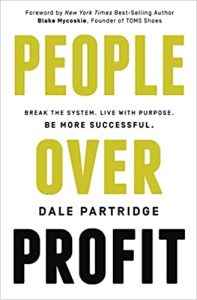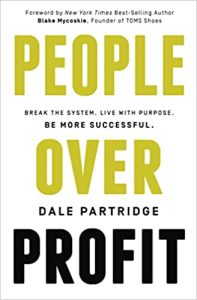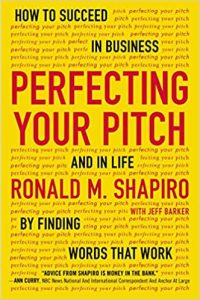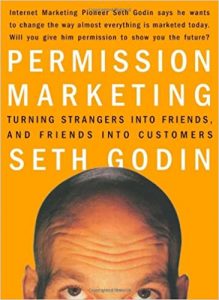New To Big
₦6,000.00Serial entrepreneurs David Kidder and Christina Wallace reveal their revolutionary playbook for igniting growth inside established companies.
Most established companies face a key survival challenge, says David Kidder, CEO of Bionic, lifelong entrepreneur, and angel investor in more than thirty startups: operational efficiency and outdated bureaucracy are at war with new growth. Legacy companies are skilled at growing big businesses into even bigger ones. But they are less adept at discovering new opportunities and turning them into big businesses, the way entrepreneurs and early-stage investors must. In New to Big, Kidder and Wallace reveal their proprietary blueprint for installing a permanent growth capability inside any company–the Growth Operating System.
The Growth OS borrows the best tools, systems, and mind-sets from entrepreneurship and venture capital and adapts them for established organizations, leveraging these two distinct skills as a form of management for building in a future that is uncertain. By focusing on what consumers do rather than what they say, celebrating productive failure, embracing a portfolio approach, and learning from the outside-in, Kidder and Wallace argue any company can go on offense and win the future.

